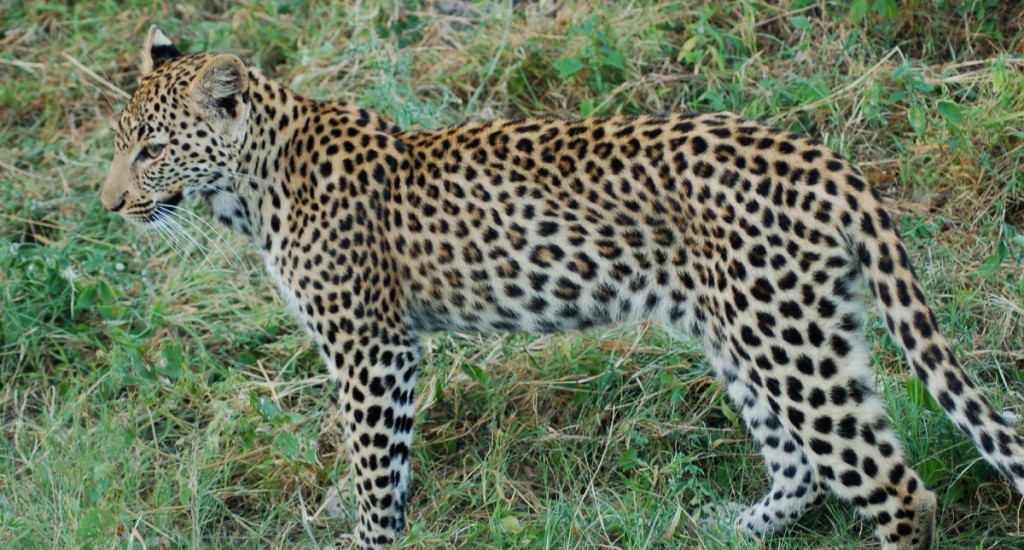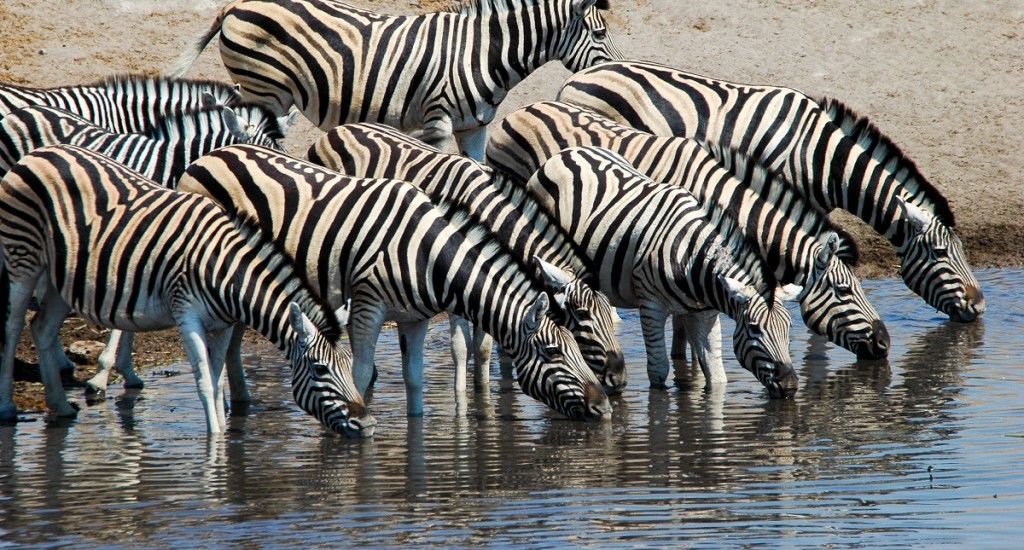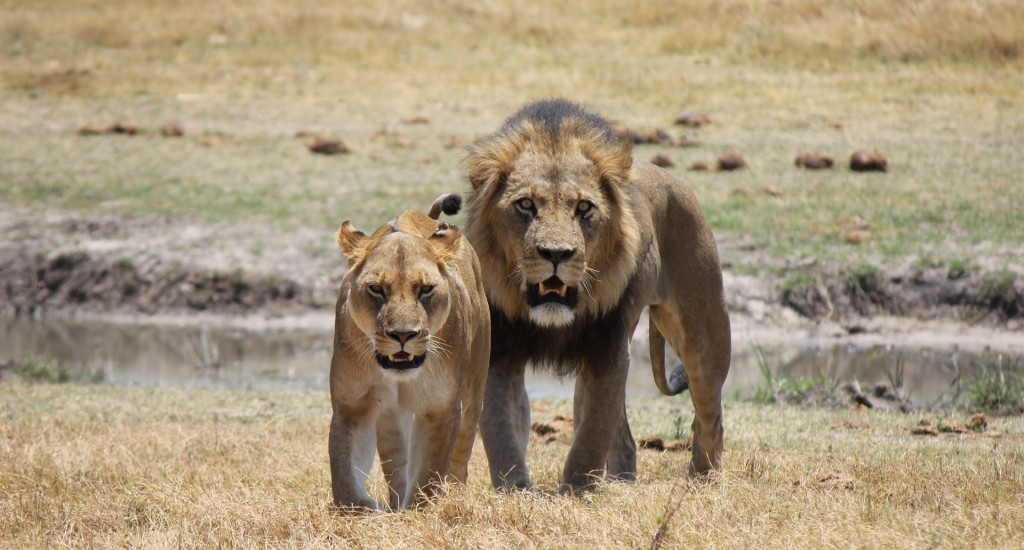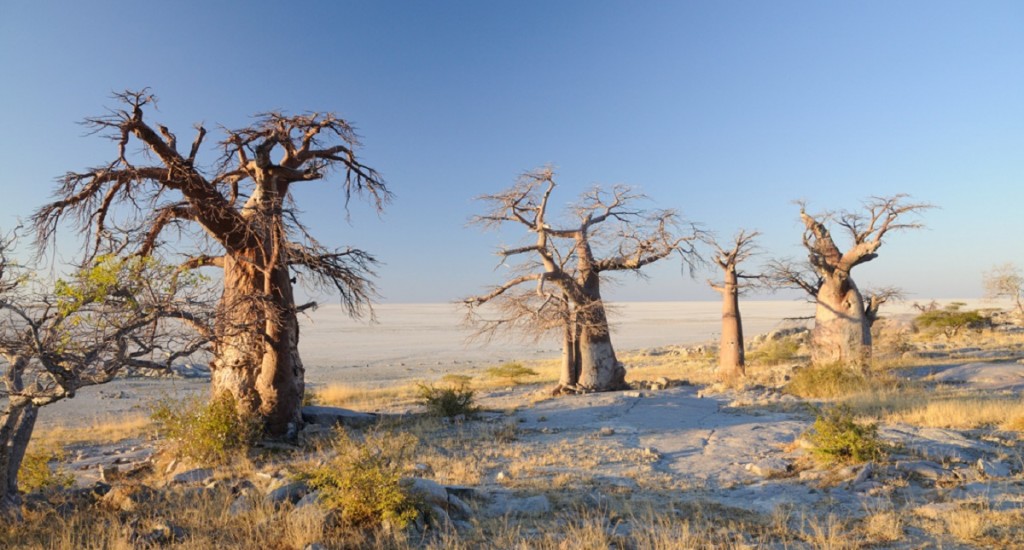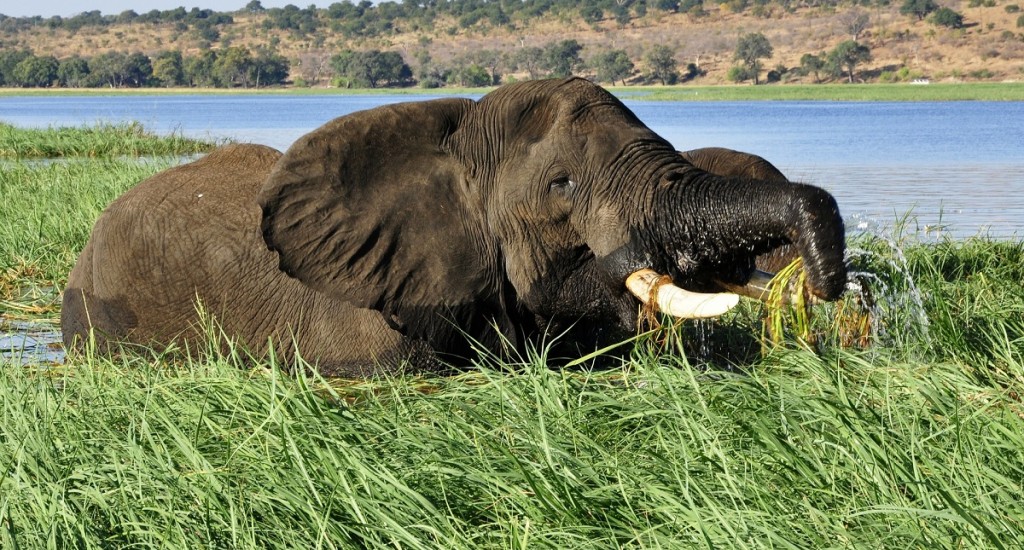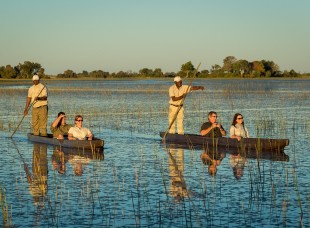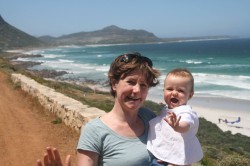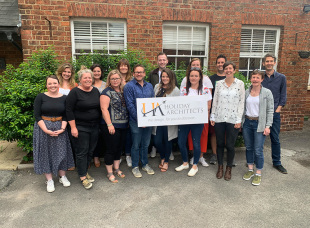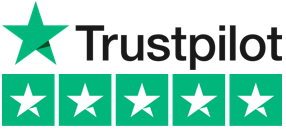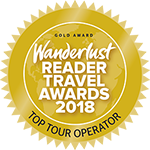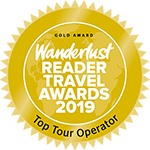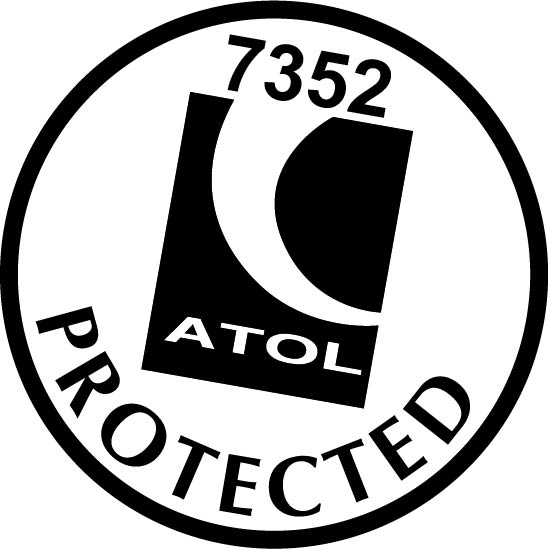Overview
Botswana is Southern Africa’s most celebrated, exclusive safari destination. Its reputation for superb wildlife (including all of Africa’s Big 5) and opulent safari accommodation has grown steadily over the years, and it now sits comfortably with more traditionally renowned safari countries in East Africa atop the wildlife lover’s wishlist. This is largely down to the Okavango Delta, an utterly unique wetland ecosystem replete with diverse animals and studded with private reserves where some of Africa’s best and most expensive lodges guarantee an unforgettable safari. But while you should always include a Delta safari on any trip to Botswana, delve a little deeper and you can find a surprising variety of experiences for which Botswana has not always been recognised. Staying in the north, there is outstanding big game in the Chobe, Savute and Linyanti areas, while the Okavango Panhandle is a dream spot for birders and fishermen alike. Moving further south, the varied climes of the timeless Kalahari have now become a key attraction. There are the black maned lions and endless horizons of the Central Kalahari Game Reserve; the vast ethereal salt pans and impressive ungulate migration of the Makgadikgadi Pans; and a historic San-Bushman culture that is accessible in both of these areas and across the wider desert environs.
Although a growing number of camps are emerging to provide a more affordable experience, holidays in Botswana are undeniably expensive. Virtually all internal flights are conducted by light aircraft, private reserves guarantee exclusivity at a price and some of the continent’s most celebrated guides take small groups out to search for teeming wildlife. This is a deliberate policy of low impact, high value tourism, aimed at preserving the exceptional wildlife and unspoiled landscapes of perhaps Africa’s most pristine remaining tract of bush. All your meals and activities are usually included along with impeccable, personalised service, so if you are able to save up for an itinerary to Botswana you are virtually assured of an unforgettable holiday.
Food & Drink
Food and non-premium drinks are often included on safari, even if you are on a more rustic mobile camping expedition. It tends to be delicious, international fare with large portions, numerous courses at dinner and a surprisingly wide range of options given that you are often dining at a remote bush area with no easy access to fresh supplies or modern technology. Snacks and drinks are regularly provided between meals, meaning that most visitors to Botswana tend to return feeling extremely well fed! At hotels catering for international tourists, prices for food and drink should be relatively similar to what you would pay in the UK, although imported wines and spirits can be more expensive.
When to Travel
Botswana genuinely is a year-round safari destination, with different areas receiving an influx of wildlife at varying times throughout the year. As with near neighbours Zambia and Namibia, the dry season is roughly from May to October, with the rains beginning in November, reaching a crescendo early in the new year and then slowly petering out in April. Unlike elsewhere, it is inaccurate to simply assert that game viewing will be at its best in the dry season, with animals congregating around scarce remaining water holes and lower grasses increasing visibility.
Firstly, the permanent water of the Delta and Linyanti areas (and, to an extent, the Chobe Riverfront) can cloud this issue, especially given that water levels can actually be at their highest in the heart of the dry season, as it takes time for the water to travel east from the more westerly source of the Okavango. To further complicate these issues, the various Delta reserves can be very different in character: some are known as “wet” concessions, where water is a constant presence and birding, boating and mokoro excursions come into their own; others are “dry” reserves, where more traditional game drives tend to provide guaranteed and abundant animal sightings. Some camps are set amidst tangled tree islands, others isolated on panoramic floodplains. Wild dog pass regularly through certain Linyanti areas while lion and buffalo face off in famous spots of the Northern Delta. The game viewing really can vary from one mile to the next, and it’s often a matter of matching your specific activity preferences and wildlife favourites.
The effect that the rains have on the desert is far more certain, with lush grasses in the Central Kalahari Game Reserve attracting a huge influx of plains game and predators. The same effect is felt in the Nxai Pan and Makgadikgadi Pans National Parks, where a vast zebra and antelope migration should be far more famous than it is! If you want to see wildlife in the desert, you should definitely visit during the green season. Bargains are usually more available during the rains at most of the safari hotspots, but it is paradoxically high season in the Kalahari!
Practicalities
Flights
There are no direct flights into Botswana from the UK. Johannesburg is the most likely connecting point, with a daily service into Maun available on both South African Airways and Air Botswana. Maun is the hub for light aircraft flights to the Delta, Linyanti and Kalahari areas, although Kasane is best for Chobe. Air Botswana currently offer flights between Johannesburg and Kasane three days per week.
Visas
Due to the current Coronavirus outbreak across the world please check the latest summary, health and entry requirements on the FCO Travel Advice pages here: https://www.gov.uk/foreign-travel-advice.
Usual Advice: Visitors from the UK, the European Union, most Commonwealth countries and the USA do not require visas for a stay of less than 90 days.
Safety
Botswana is largely a very safe country, particularly in the remote areas most frequented by tourists. Crime rates are high in the major cities, and we would not recommend walking alone in Gaborone after dark, but it is highly unlikely that you will visit the capital anyway.
Health
As we’re not medical experts we feel it is essential you contact your G.P. regarding vaccinations and medication for travel to Botswana. What follows is some suggestions, but they must be verified by a medical professional. In addition to such vaccinations as you’d routinely have for living in the UK, further boosters are recommended for Hepatitis A, Tetanus and Diptheria. Malaria is present in all areas of Botswana, particularly during wetter months, and we would strongly recommend that you take malaria prophylaxis. Please consult your G.P. for advice on what malarial precautions to take. We also like these guys but again you must talk to your GP first: The Travel Doctor, an interactive website providing specialist health information for travellers plus customised lists of travel medicines, vaccines and malaria tablets for holiday makers, global adventure travellers and expeditions.
Money & Tipping
The local currency is the pula (BWP) and at the time of writing (December 2016) £1 was worth BWP12.4. Payment in US$ and most credit cards are widely accepted in hotels and at some lodges, but cash is necessary at some of the more remote safari camps. ATMs are reasonably widespread in Maun , Gaborone and Kasane, and your driver or guide will be happy to stop off at one if you require more cash and happen to visit these areas. There are also ATMs and money exchange desks at Maun, Kasane and Gaborone airports.
Tipping is very much welcomed in Botswana, particularly when you remember that poverty is widespread. Peak safari season can be short and guides, drivers and camp staff are not all employed and therefore tipped during the off-season, when many return to agrarian work for relatively low pay. 10% is normal in restaurants, and small contributions are expected for porterage at hotels and lodges. On safari, we would advise tipping your guide direct, roughly at around $5 per person per day. Lodges and camps tend to have tipping boxes for camp staff, including chefs, housekeepers and hosts, and we would recommend a similar amount per day for this communal contribution. You may also want to tip your driver or spotter on safari, although they may well be included in the camp box contributions. For transfer drivers, a small amount of roughly US$5 per journey is usually sufficient, unless transfers are extremely long. It is important to remember that tipping is a very personal thing, and if you feel someone deserves more or less, or even no tip, then that is entirely your prerogative and you should not feel bound by these suggestions.
Travellers Code of Conduct
- We provide all of our clients with a “Travel Facts” document upon confirmation of your booking. This details useful facts and travel advice for your chosen destination, including restaurant recommendations, reading tips, basic language, cultural traditions, climate information and brief historical overviews. We feel that this offers a useful insight into the country you are visiting, and can help you interact with local residents in a more sensitive, well informed manner. Please try to take the time to read this information before your visit, if at all possible.
– A number of the countries in which we operate holidays are religious societies with a widely observed set of customs. Always respect these norms, particularly when visiting religious buildings.
– To the best of our knowledge, all of the hotels, lodges and camps within our portfolio operate stringent measures to minimise water usage. All of our destinations have issues with water supplies to a certain extent so feel free to raise any possible wastage should you encounter it during your stays, either with the accommodation or with us upon your return.
– Please ask before taking photographs of people, and respect their wishes should an individual not be happy to be photographed. We find that friendly requests and a smile are usually met with assent.
– Strive where possible to make your own contribution to environmental practices within the destination you are travelling. This might include minimising your electricity usage, avoiding smoking in protected areas, avoiding coral while snorkelling and safely disposing of all litter (recycling where possible).
– Where possible, try to purchase from local suppliers. This includes shopping for souvenirs, eating out in restaurants and booking further excursions during your free time. In areas where haggling is an accepted part of daily life, don’t become angry or offended if you are unable to obtain what you perceive as a fair price for an item. We emphasise to local suppliers that our clients should never be taken on unsolicited shopping trips, but if this does happen, try to retain your sense of humour, provide a firm refusal to participate and tell us about this on your return. We pass on all feedback from every trip undertaken with Holiday Architects to the relevant local suppliers, who share our commitment to travelling with sensitivity.
– Please don’t remove any indigenous items from their natural habitat and attempt to bring them back as a souvenir. This particularly applies to coral, shells, plants and food in the natural world, and to cultural artefacts and antiques.
– If you are unsure about anything relating to the above, please feel free to ask our local suppliers or your Holiday Architects specialist. All of these people either live or have travelled extensively in the country you are visiting and will be more than happy to offer their considered advice.


